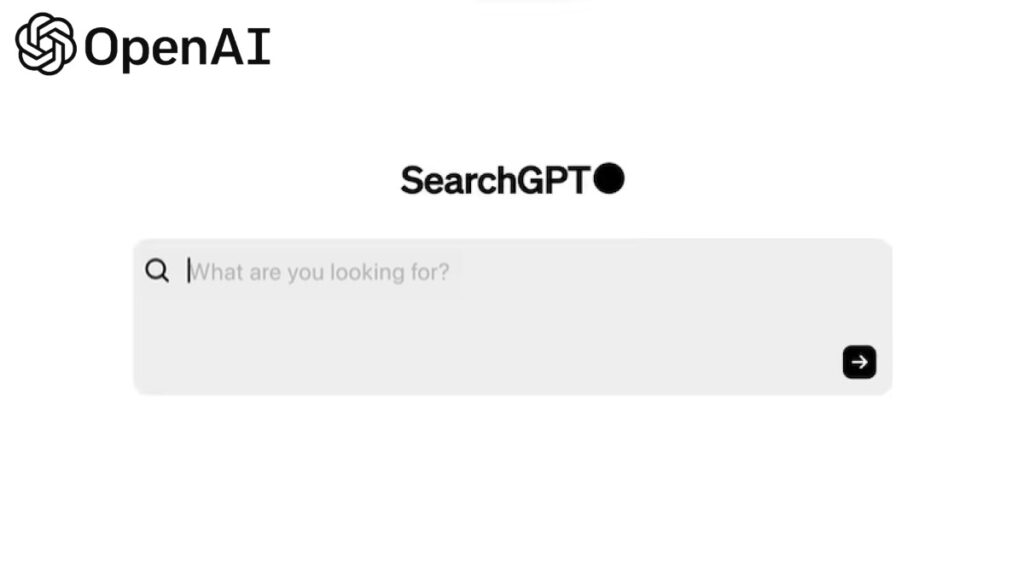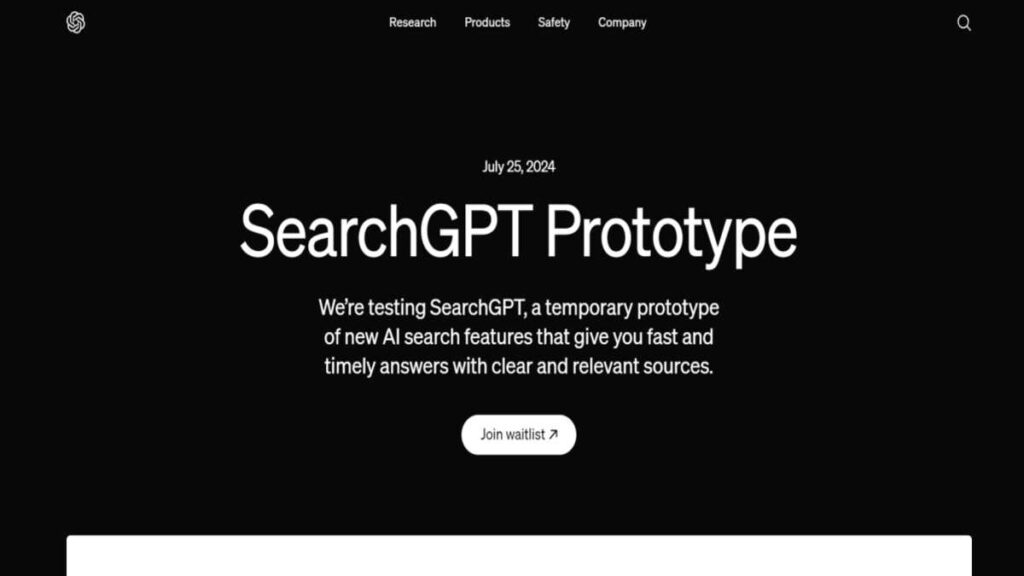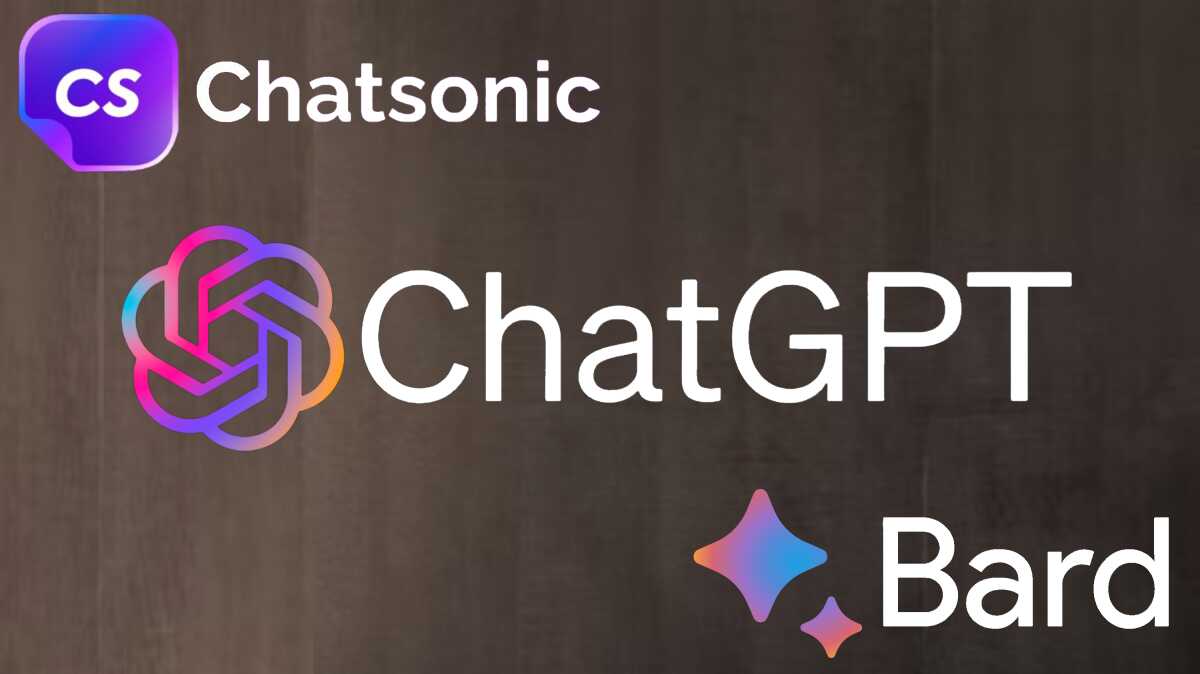OpenAI’s SearchGPT To Rival Google and Perplexity
OpenAI’s new SearchGPT is designed to compete with big search engines like Google and Perplexity by offering advanced AI-powered search features.

OpenAI is turning into the Starbucks of the AI world. Recently, OpenAI officially announced its foray into the search engine market. This was the launch of SearchGPT. As the name suggests, this search engine is powered by AI and its selling point is that it allows access to selective information and has been personalized to each user. In fact, Search GPT is going to go head-to-head with giants like Google and Perplexity.
Here is all that you should know about OpenAI’s SearchGPT.
What is OpenAI’s SearchGPT?
SearchGPT motto can be said to be compartmentalization. No one wants to be greeted with a clutter of links that they have no use for. Instead of a chaotic jumble of hyperlinks, this new search engine by OpenAI presents you with organized, insightful summaries tailored to your query. Whether you’re exploring the vibrant world of music festivals or seeking tips on the best time to plant tomatoes, OpenAI’s search engine curates and contextualizes the information, providing concise descriptions followed by clear attribution links.
If you are a regular user of ChatGPT, you might have noticed that the program tries to maintain a conversational tone in its responses, unless prompted otherwise. Well, that trait will carry over to SearchGPT.
If you search for something, you will get the initial results. But that’s not the end. You can tweak your search and ask follow-up questions. Or if you want, you can explore additional resources via a convenient sidebar. Although details on the “visual answers” feature remain under wraps, anticipation is already high for this innovative addition.
When will OpenAI’s SearchGPT launch?
Currently in its prototype phase, SearchGPT will initially be accessible to a select group of 10,000 test users.
As expected, this search engine is powered by the cutting-edge GPT-4 family of models. This limited release is to refine the search experience through user feedback. OpenAI spokesperson Kayla Wood is adamant about making use of the collaborative effort with third-party partners along with the use of direct content feeds.
Launching this new search engine by OpenAI as a prototype offers OpenAI a strategic advantage. No AI model is ever successful at its first launch, and that is why iterative improvements are absolutely necessary. This will bring the inevitable inaccuracies and attribution issues into the light for them to be fixed. This cautious approach was likely influenced by previous missteps from competitors, such as Google’s AI Overviews mishap, which famously suggested putting glue on pizza.

The long-term vision? To seamlessly integrate these search capabilities into ChatGPT, enhancing the already popular AI assistant with unparalleled real-time search functionality.
OpenAI is testing SearchGPT which it has described as a search engine with new search features. It combines the strength of its AI models with information from the web. Users interested in the testing that OpenAI is conducting can sign up for the waitlist to try the prototype. This way, the conversational capabilities of the AI search engine will be injected with real-time web information.
One thing is for sure: With OpenAI’s search engine’s debut, the monopoly of popular search engines will be rocked. Google, the long-standing leader, has been quick to infuse its search engine with AI features, acutely aware of the competitive threat posed by innovative newcomers like OpenAI and Perplexity. However, the latter, branding itself as an AI “answer” engine, has faced criticism for allegedly plagiarizing publisher content through its AI summaries.
OpenAI is cognizant of these pitfalls and has, therefore, pledged a more collaborative and ethical approach.
What do the officials have to say about OpenAI’s SearchGPT?
To explain their process of developing SearchGPT, the company wrote a detailed blog post. Eminent news organizations like The Wall Street Journal, The Associated Press, and Vox Media have been roped into collaboration and this is a huge step for the search engine. For instance, publishers can manage their content’s appearance in search results. They can even opt out of training OpenAI’s model if they so wish.
In this regard, the CEO of The Atlantic, Nicholas Thompson, said, “AI search is going to become one of the key ways that people navigate the internet, and it’s crucial, in these early days, that the technology is built in a way that values, respects, and protects journalism and publishers. We look forward to partnering with OpenAI in the process, and creating a new way for readers to discover The Atlantic.”
By prominently citing and linking to original sources, this new search engine by OpenAI aims to foster a symbiotic relationship between users and publishers. OpenAI’s commitment to transparency and attribution is clear: every response features in-line, named attributions with direct links, inviting users to dive deeper into the wealth of information provided.
Given that OpenAI’s chief presence in the digital world is ChatGPT, it is obvious that the company will tie the AI model into SearchGPT in some way. They will do this by integrating ChatGPT will real-time web capabilities.
This journey began with the launch of GPT-3.5, which, despite its advanced features, was hampered by outdated information. OpenAI’s subsequent release of “Browse with Bing” was a step in the right direction, but it pales in comparison to the sophisticated, dynamic search experience promised by SearchGPT.

However, the rapid expansion and immense popularity of ChatGPT have not come without costs. According to The Information, OpenAI’s AI training and inference expenses could skyrocket to $7 billion this year. The millions of free ChatGPT users contribute significantly to these operational costs. While the new search engine by OpenAI will initially be free during its prototype phase, OpenAI will undoubtedly need to devise a sustainable monetization strategy soon.
Well, that is all we know currently about SearchGPT. AI has always been integrated into popular search engines because it is part of their algorithms. However, with OpenAI, we can expect them to take the AI capabilities of these programs to the next level. Let’s see what this company comes up with.






